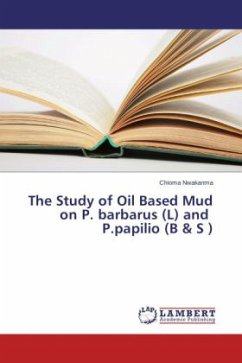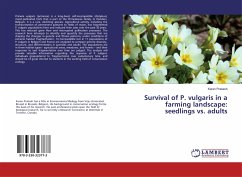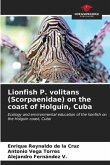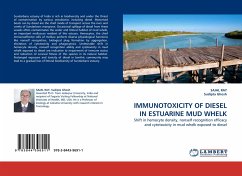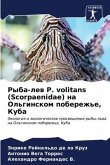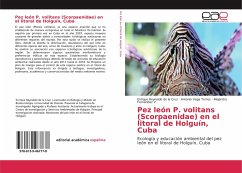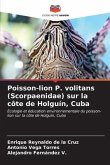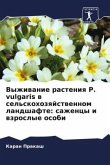The increase in petroleum exploration and production has brought about an increase in the discharge of operational materials such as drilling mud/ fluids, which are used during oil and gas well operational activities to serve several important functions. Most of the petroleum exploration and production activities are located in the coastal zone where great numbers of aquatic organisms live. OBMs commonly used in Nigeria are chosen for this study despite the numerous types of drilling fluids used as operational materials within the Niger Delta because no information is known about their lethal toxicity on the endemic two indigenous organisms of the Niger Delta. This is in relation to the fact that fish are relatively sensitive to changes within their environment and thus their health may reflect on the condition of the aquatic ecosystem. This present study was intended to fill part of the information gap by providing preliminary data on the effects of oil-based drilling mud on theindigenous mudskippers of the Niger Delta area in Nigeria.
Bitte wählen Sie Ihr Anliegen aus.
Rechnungen
Retourenschein anfordern
Bestellstatus
Storno

